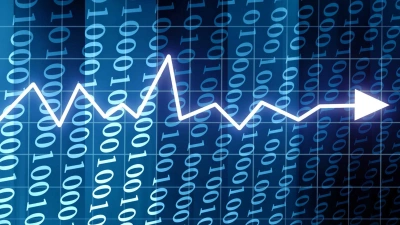VanEck prepares for consumer spending decline



VanEck is expecting to see a downturn in consumer discretionary companies as the cost of living increases and consumer spending declines.
Inflation reached 7.3% in the September quarter and was expected to peak at 7.75% by the end of the year, according to Treasurer Jim Chalmers.
While this had not yet had an impact on slowing consumer spending, VanEck was wary of a future downturn.
Cameron McCormack, portfolio manager at VanEck, said: “There are very few indicators that higher rates and inflation have slowed consumer spending. Housing and furnishing inflation grew 3.2% and 2.8% during the September quarter.
“While Australian consumers may be more pessimistic, spending continues to surprise to the upside. We expect a sharp slowdown in spending and recommend an underweight position to the consumer discretionary companies such as JB Hi FI, Harvey Norman and Super Retail Group.”
JB Hi-Fi was down 19.8% over the last six months to 31 October, Harvey Norman was down 17% and Super Retail Group, which owned brands such as Rebel and Macpac, was down by 2.6%.
However, VanEck was optimistic that the ASX would outperform its US and European peers as Australia had lower inflation and elevated commodity prices.
Since the start of the year, the ASX 200 was down 10% while the S&P 500 was down 18% and the German DAX was down 17%.
“We expect the Australian equity market to continue to outperform US and European equity markets. Lower headline inflation, wage growth, elevated commodity prices and the ability for the RBA to take a more tempered approach to policy tightening given the majority of mortgages are variable gives Australia a higher likelihood of securing a soft landing.”
Recommended for you
Insignia Financial has reported net inflows of $448 million into its asset management division in the latest quarter, as well as popularity from advisers for its MLC managed accounts.
With ASIC questioning the dominance of research houses when it comes to retail usage of private market funds, a research house has shared how its ranking process sits alongside ASIC’s priorities.
Two Australian active fund managers have been singled out by Morningstar for their ability to achieve consistent performance and share price growth in the past 12 months.
Pinnacle Investment Management has expanded its private market coverage, forging a strategic partnership with a private markets manager via a 13 per cent stake acquisition.












